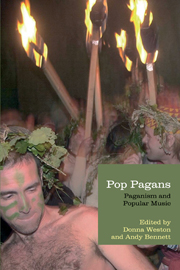Foreword
Summary
“The isle is full of noises” (Shakespeare, The Tempest 3.2.148). It is too good a line not to quote! Rich, resonant and evocative. The whole speech invites us to attend to what enters our ears but largely gets filtered out by our brains: the entire cacophony of sound in which we find ourselves immersed. So much calls out for our attention, far more than Caliban could have dreamed of on his island – well, so much more human noise, anyway. Perhaps there is incrementally less other-than-human noise. Though the wind and the rain may still be sonorously present, there are fewer animals, birds and insects each day. Fewer bees, for instance, “hum about mine ears” (ibid).
Pagans often identify their religion as being “of nature”. Whether this really means that it is somehow innate, primordial or natural may be debated (especially if the claim is that this religion is more innate, primordial or natural than any other way of acting in this small soundful planet). But the claim may certainly be expected to mean something about Pagan attempts to listen attentively to those noises that swirl around us all, enticing us to follow. Pagans might be people who listen to the “speaking earth”, as the title of my book about Paganism claimed (Harvey 2007). Valuation of and attention to what might be called nature, the environment, the larger-than-human world or the weather-world (Ingold 2011: 126–35) varies considerably among Pagans.
- Type
- Chapter
- Information
- Pop PagansPaganism and Popular Music, pp. ix - xPublisher: Acumen PublishingPrint publication year: 2013



